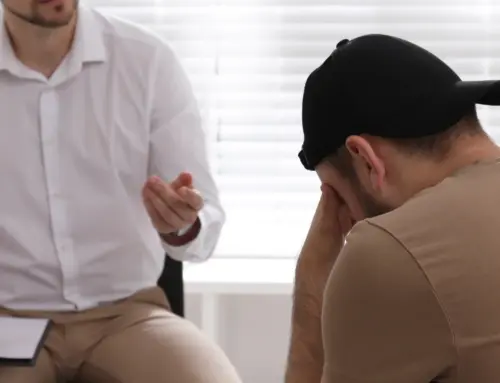When you have an addiction, you will do whatever it takes to get your hands on abusive substances. This can even mean stealing from your own children whether it is their money or even their own medication. It is important that doctors find out the child’s family history of addiction before prescribing them pain medication to ensure that only them are taking the pills they are supposed to have.
The Substance Abuse and Mental Health Services Administration says that almost half of teens who have misused opioid medications the past year got them for free from a relative or friend. Dr. Julie Kim, a pediatric oncologist from New Hampshire wrote for the Huffington Post that one of her patients was prescribed two hundred tablets of Dilaudid by four doctors in the past four weeks. It was speculated that the boy’s mother was using those pills as well. The boy’s cancer diagnosis stopped the limits of opioid prescriptions. The parents will tell their doctors that the child’s pain only responds to opioids. Another mother even threatened to punch a doctor for refusing to prescribe more opioids for their child and to get a gun from their car. These parents are taking advantage of their child’s diagnosis to get access to addictive pain medication that they would not be able to get on their own.
There was another scenario of where a child would go back and forth between two divorced parents. One parent would tell the child that they do not need those medications anymore. The other parent would notice the missing pills when the child would complain of pain and the pills did not add up to what was prescribed. The Center for Disease Control recommends prescribing three pills a day for acute pain cases like injuries or post-surgery as that would mean fewer pills would go missing. Older children are different than younger children in that older children will tell their doctors about their pain levels and the amount of pills taken. Younger children, on the other hand, rely on their parents and are the main source of parental misuse.
Parents will lie and say that their pills have spilled or that the child has spit them out and needs more. Doctors need to find out the child’s family history and who is administering their medications. Parents being aware of opioid risks will help lower the risk of addiction.
Located in downtown Midland, The Springboard Center’s mission is to offer programs and services to treat alcohol and drug addiction treatment using an evidence based curriculum, 12 step programs, diet, nutrition, exercise, emotional, mental and spiritual development for a long recovery. For more information, please call us at 432-620-0255 as we are open 24 hours a day, 7 days a week.




